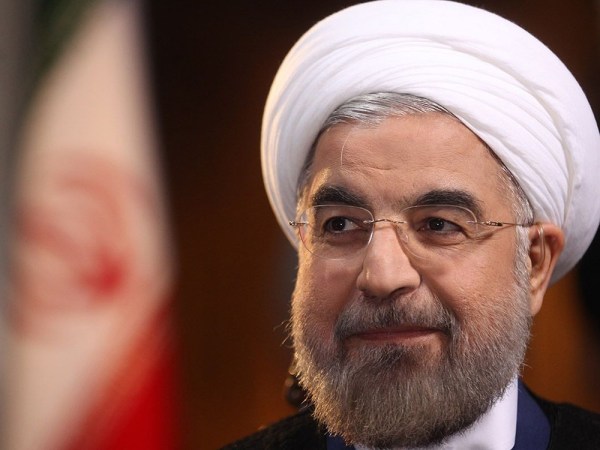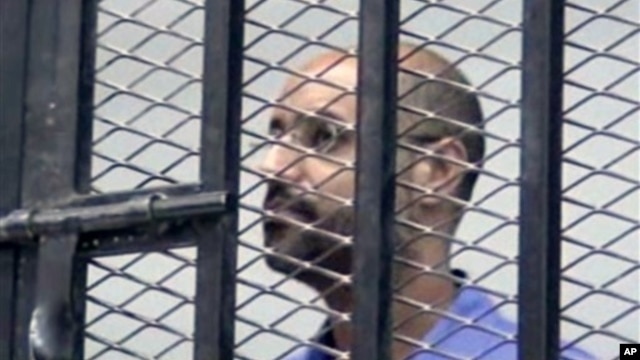By Ben Kopp
Impunity Watch Reporter, Europe
KYIV, Ukraine – European leaders have conditioned a treaty between Ukraine and the European Union on the release of former Prime Minister Yulia Tymoshenko. The treaty is an important for both sovereign bodies.

In 2011, Yulia Tymoshenko was convicted of embezzlement and fraud while she was prime minister between 2007 and 2010. She had been current Ukrainian President Viktor Yanukovych’s strongest opponent in the 2010 election. Currently, she is serving a seven-year sentence. Since her conviction, European leaders have pressed Yanukovych to free her.
On 20 September 2013, Yanukovych said that he is inquiring how Tymoshenko, his political opponent could be released from prison. However, Yanukovych made clear “we have not said ‘yes’ or ‘no’” to an early release because the courts must decide the legal issues.
“Nobody has a bigger interest in solving this issue than I,” said Yanukovych. “But there are obstacles. An answer has to be given to … the courts. Only the court can give an answer or (there can be) a voluntary decision by Tymoshenko. The answer lies in finding a compromise with the participation of Tymoshenko.”
European Union leaders told Yanukovich that he may sink the opportunity for Ukraine and the 28-member bloc to enter an “Association Agreement” that would create extensive trade and commercial cooperation between them. While Ukraine’s 46 million population and strategic position next to Russia make the treaty a significant act of enlargement for the EU, for Ukraine, it would mark a major shift westwards away from the orbit of Russia.
Stefan Fule, EU commissioner for enlargement said, “I want to underline how important this is. Progress has been made and there are talks with the Ukrainian authorities on this issue of selective justice.”
At a Crimea gathering of European leaders and officials, Yanukovich declared his ex-Soviet republic’s dedication to signing key agreements at the EU’s November summit in Vilnius, Lithuania.
Lithuania holds the rotating EU presidency. Lithuanian President Dalia Grybauskaite said that before deals on association and free trade agreements would be signed, Ukraine must meet three criteria, including freeing Tymoshenko.
“The request from the European Union on Tymoshenko’s case is still on the table and, without a solution, I do not see a possibility for the signature,” she said.
Since 2012, Tymoshenko has been confined to bed in a hospital, under constant video surveillance. As a concession, she has been granted all-female medical staff on her corridor. From distrust of Ukrainian authorities, she refuses injections and all other invasive procedures.
Once free, Tymoshenko would be able to receive surgery in Germany for herniated discs.
Critics claim that Yanukovich is concerned that, if released, Tymoshenko challenge him in the 2015 election.
With two months until the EU summit in Lithuania, Yanukovich must decide whether leaving Tymoshenko without a pardon will be as damaging to his political career as allowing her to run against him in 2015.
For further information, please see:
RadioFreeEurope/RadioLiberty — Moscow Again Warns Kyiv Over EU Deals – September 22, 2013
Euronews – EU leader and Ukraine president clash over potential trade agreement – September 20, 2013
RadioFree Europe/RadioLiberty – Ukraine’s Yanukovych Says Searching for Way to Release Tymoshenko – September 20, 2013
Reuters — EU Presses Ukraine Leader over Tymoshenko, He Stalls – September 20, 2013
Reuters – Ukraine Leader Says on Course for EU Deals, Stalls on Tymoshenko – September 20, 2013
Telegraph — EU to Kiev: Free Yulia Tymoshenko, or No Pact – September 20, 2013


